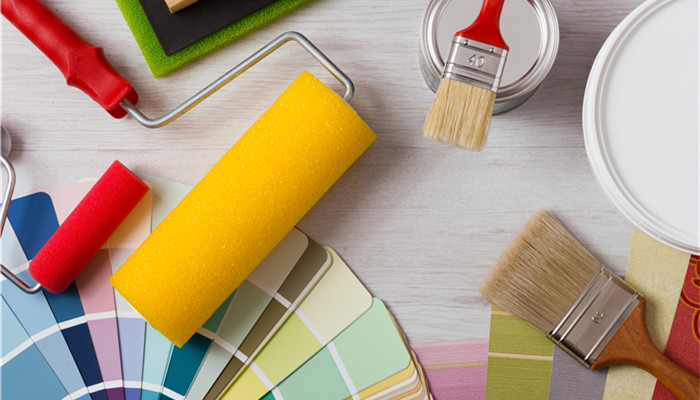
The market demand for anti-corrosion coatings continues to rise and the industry has entered a stage of rapid development
Anticorrosive coatings are a subdivision of paints and coatings. They refer to a polymer solution that is applied to the surface of an object and dried or solidified to form a coating film to prevent the metal surface of the object from being corroded by the outside world. According to different raw materials, anti-corrosion coatings can be divided into acrylic anti-corrosion coatings, epoxy anti-corrosion coatings, polyurethane anti-corrosion coatings, etc.
Anti-corrosion coatings are mainly used in petrochemical industry, marine engineering, power systems, automobile manufacturing, railway construction and other fields. Among them, marine engineering is the largest application market for anti-corrosion coatings in my country. The impact of seawater can easily cause corrosion to ships, so anti-corrosion coatings need to be applied to extend the service life of ships. According to statistics from the Ministry of Industry and Information Technology, my country’s shipbuilding completion volume reached 4.22 million deadweight tons in June 2022, a month-on-month increase of 64.2%. According to the “2022-2027 China Anticorrosive Coating Project Investment Feasibility Research Report released by the Industrial Research Center, with the market demand As the industry becomes increasingly prosperous, the production of anti-corrosion coatings in my country continues to grow. In 2021, my country’s anti-corrosion coating production reached 6.874 million tons, a year-on-year increase of 4.1%.
The raw materials of anti-corrosion coatings include synthetic resins, oils, pigments, additives, emulsions, etc. Synthetic resin is the main raw material of anti-corrosion coatings. As a segmented product of synthetic resin, epoxy resin accounts for the main production cost of anti-corrosion coatings due to its advantages such as low production cost, corrosion resistance, high temperature resistance, and impact resistance. In recent years, my country’s epoxy resin production has continued to increase. In 2021, my country’s epoxy resin production reached 1.415 million tons, a year-on-year increase of 4.5%. The rich variety and sufficient supply of raw materials provide guarantee for the development of my country’s anti-corrosion coating industry.
In recent years, due to factors such as restrictions on national environmental protection policies and deepening supply-side structural reforms, the market has put forward higher requirements for the degradability and environmental protection of anti-corrosion coatings. Against this background, the market size of water-based anti-corrosion coatings has gradually expanded. Water-based anti-corrosion coatings use water-based resins as raw materials and have the advantages of low temperature resistance, corrosion resistance, non-toxicity, and flame retardancy. They are widely used in industrial tanks, oil and gas, infrastructure construction and other fields.
There are a large number of anti-corrosion coating-related manufacturing enterprises in our country, most of which are concentrated in low-end fields, and the market competition is fierce. Foreign manufacturers such as Danish Hempel, British International, Norwegian JOTUN, American PPG, and Singaporean Nippon occupy a monopoly position in my country’s high-end anti-corrosion coatings market. Due to factors such as high technical barriers, my country’s local companies only occupy less than 20.0% of the high-end anti-corrosion coatings market.
Industry analysts said that anti-corrosion coatings are widely used in construction, shipbuilding and other fields. Against the background of escalating demand, my country’s anti-corrosion coating market competition Increasingly fierce, industry concentration continues to increase. As local companies continue to innovate in R&D and production technology, and the application fields gradually expand, my country’s anti-corrosion coating market demand will be further released in the future, and the domestic substitution space for high-end anti-corrosion coatings will continue to grow.

 微信扫一扫打赏
微信扫一扫打赏

